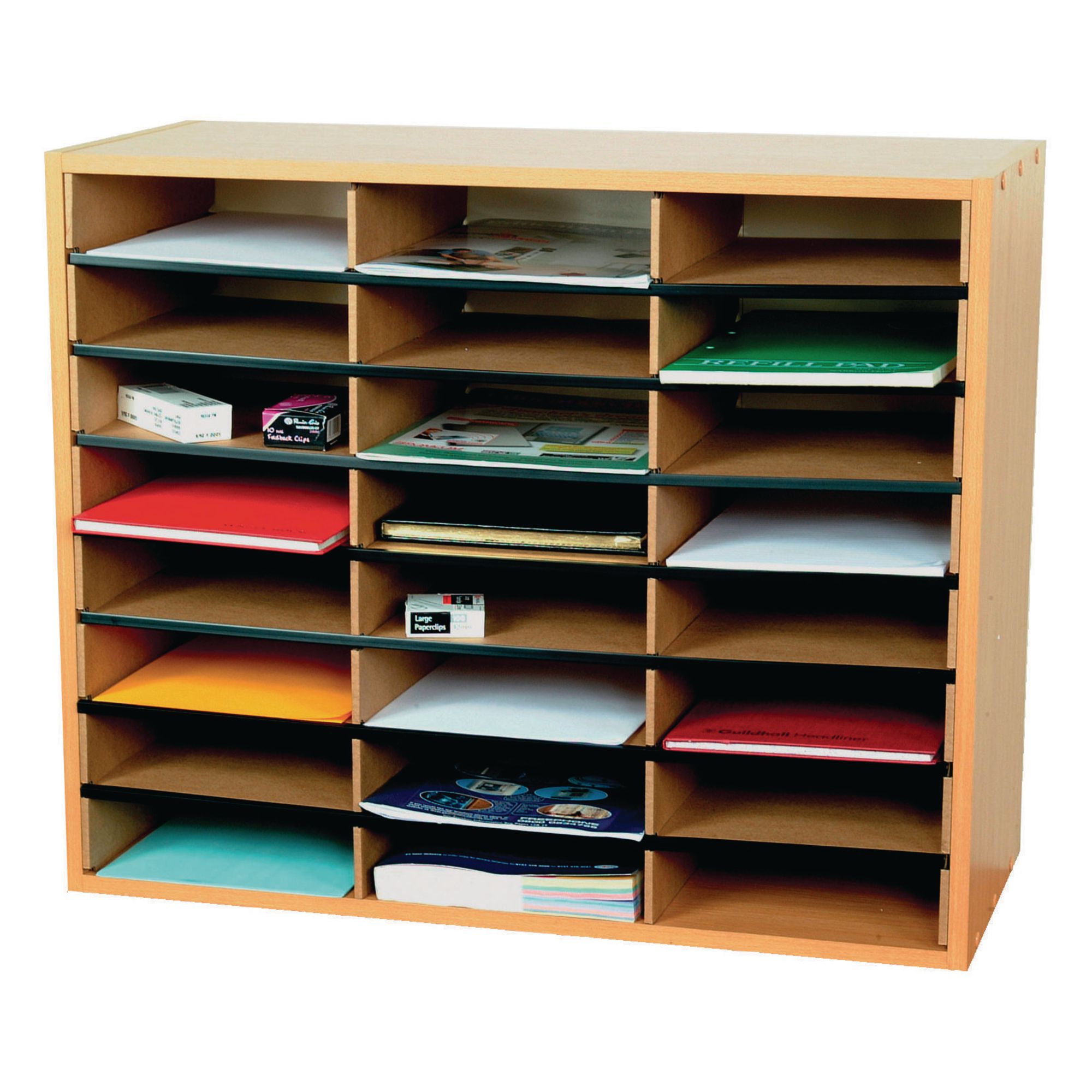If you want to praise your students and are looking for expressions other than 'good job', you may find 25 alternatives here (click here to download the pdf file):
CLIL classroom language
Sharing your answers with your partners (multiple choice questions)
If you are sharing your answers to multiple-choice questions (for example, reading comprehension or listening comprehension exercises), these are some of the questions you may ask:
- What did you choose for (question) number 1?
- What's your answer for (question) number 2?
Then, your partner may reply:
- (For number 1, ) I chose option A, because…
If you are unsure about your answer because you feel two options may be possible, you can say:
- I'm not sure if it's (option) A or C
- I'm hesitating between A or C
Asking for meaning/looking for the right word
If you are looking for a specific word, you may ask your teacher…
- What do you call this in English? (For example, 'what do you call a small piece of paper that is sticky on one side and that you can write notes on and put temporarily on a wall, in a book…?')
- How do you say ………… in English?
- How can you say, for example, when………?
- What's the meaning of 'sticky note' (in Spanish)?
- What does 'sticky note' mean?
- How do you say/read this word?
- How do you pronounce…?
Bachillerato
The equivalent to "Bachillerato" could be one of the following options: "A-levels" or "Sixth form". British students over 16 typically study in the sixth form of a school, in a separate sixth form college, or in a Further Education College. Students typically study level 3 qualifications such as A-levels, BTEC National awards and level 3 NVQs (National Vocational Qualifications). In Britain, students at this level would be in years 12 and 13, which is key stage 5.
If we want to make a distinction based on the subjects chosen, we could talk about "branches".
Click on the link below to hear how to pronounce these words.
Asignaturas troncales y optativas
Asignaturas troncales: Core subjects
The national curriculum for England is organised on the basis of 4 key stages and 12 subjects, classified in legal terms as ‘core’ and ‘other foundation’ subjects.
Asignaturas optativas: Optional subjects
Evaluación
Assessment:
Evaluación inicial: Initial assessment
Evaluación formativa: Formative assessment/ Assessment for learning
Evaluación sumativa: Summative assessment
Estándares de aprendizaje evaluables: Learning standards
Actividades
Different types of activities you may use with your students/ your students may take part in:
Actividades de refuerzo: Reinforcement activities
Actividades de ampliación: Extension activities
Actividades complementarias: Complementary activities
Actividades extra-escolares: Extracurricular activities
Click below to hear the correct pronunciation.
"Casilleros"
Click on the link below to hear how to pronounce these words.
"Director" "Jefe de estudios"
Headteacher, headmaster or headmistress, head, chancellor, principal or school director to refer to the teachers with the greatest responsibility for the management of a college.
Deputy head teacher to refer to the second most senior teacher in a school.
Director of studies to refer to a member of staff who has responsibility for overseeing the curriculum.
For a full list of roles in UK schools see: http://www.skillsforschools.org.uk/roles-in-schools
Click below to hear the correct pronunciation.






